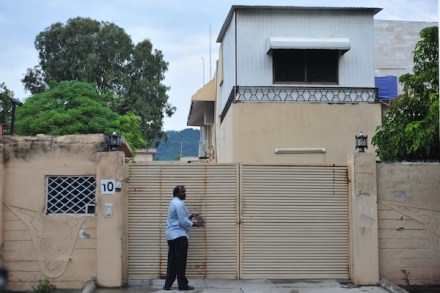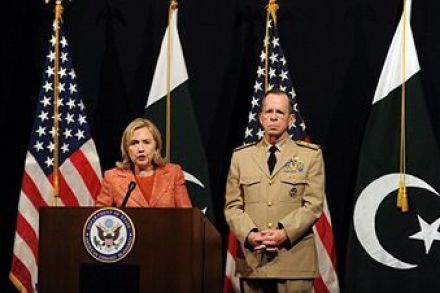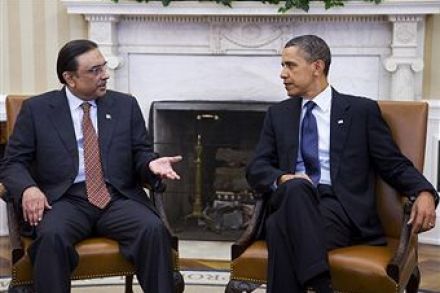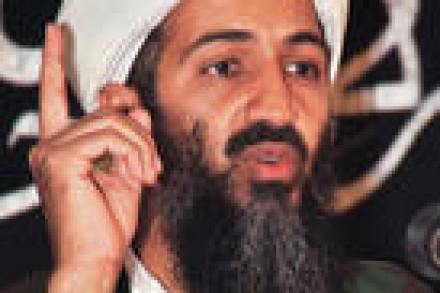Save the Children and Osama bin Laden
Have Pakistani children been the unintended victims of last year’s mission by the United States to kill Osama bin Laden? It might seem a ridiculous question to pose, but it’s clear they are being made to bear the brunt of that decision by an increasingly paranoid official and clerical establishment. The latest manifestation of this was the decision by Pakistan’s intelligence services to order all foreign staff working for Save the Children out of country. They claim to have found evidence of the charity indirectly assisting the United States in its operation to kill Osama bin Laden last year – a claim the group vehemently denies. Save the Children is













